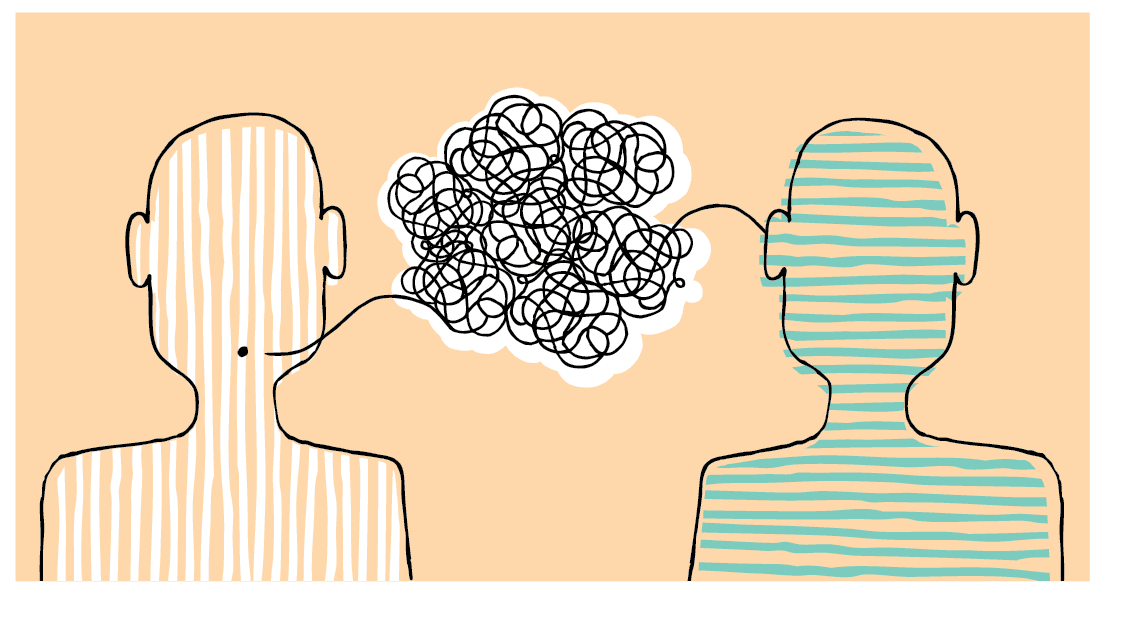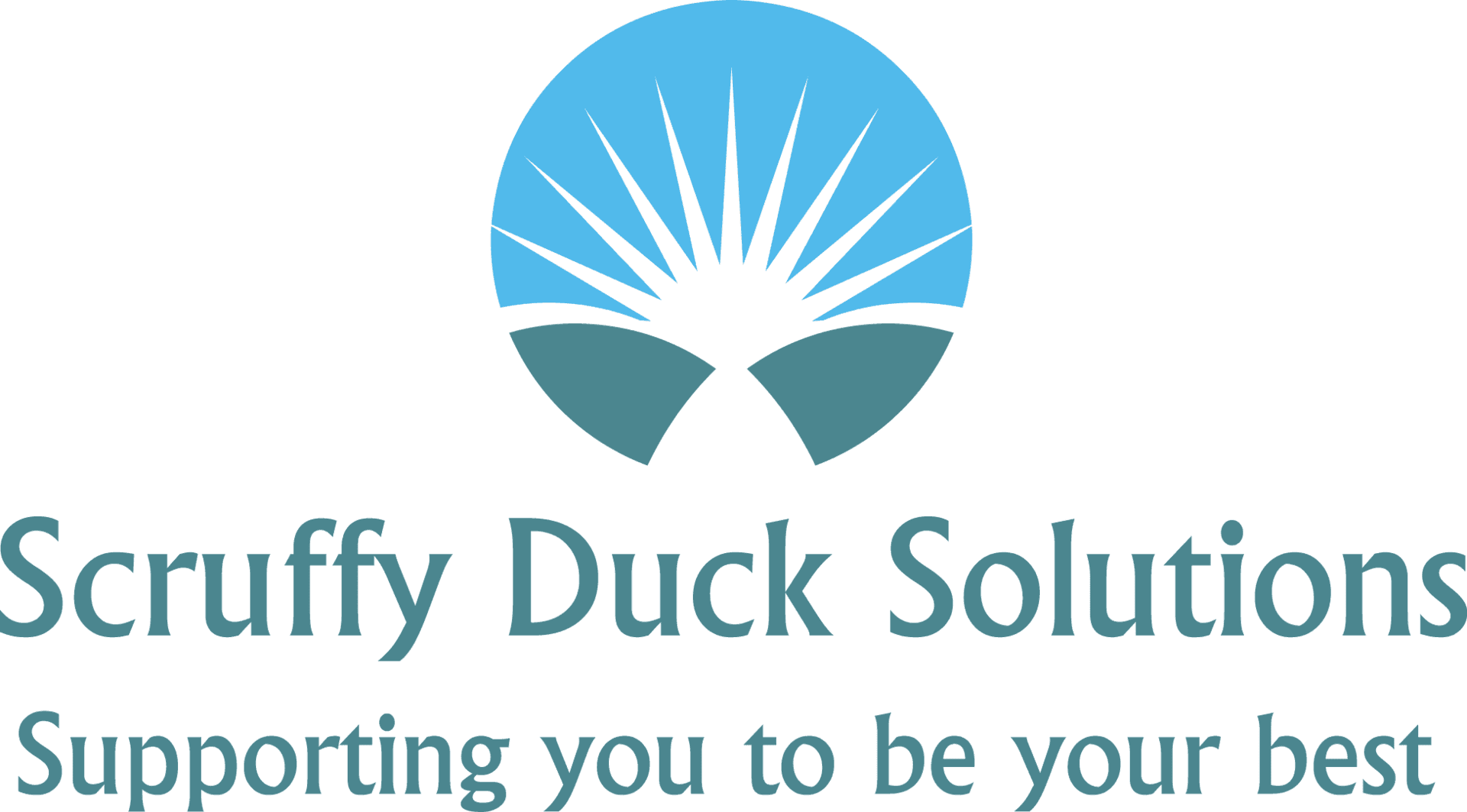
Coaching is a great way of helping people make significant change, get inspiration or find solutions to problems that have been around for a long time. A coach doesn't give the client a solution but will help their client to explore and find their own way of doing what needs to be done, or help them be able to change their ways of thinking so they can accept their current reality. Its a bit like untangling the lights at Christmas Imagine your head is packed full of ideas, thoughts, cares and concerns, it can get really messy up there! A coach will help you unpack what's in your head and support you to give each 'bit' the space it needs to be explored or solved. I liken this process to when I get the Christmas lights out each year. As you can imagine, a Scruffy Duck like me doesn't put them away neatly after Christmas has finished and each year and I end up having to separate each set before they eventually get put on the tree and make the room light up. A coach will help you unravel and untangle each strand of your 'stuff' so you can see it nice and neatly and then help you understand and explore what needs to happen next. What tools will a coach use? A coach will listen to you very intently and ask you high quality questions. You can also expect them to summarise, repeat, paraphrase or reflect back what you are saying and doing. As individuals we sometimes overlook the obvious, when a coach repeats back what we have just said, in the tone we have said it, it can sometimes be a real shock. Depending on the style of coaching used, you can also expect a coach to have a metaphorical toolbox full of strategies, models, skills and techniques to help you. These might include... Ways to help you look at life through a different lens - this might mean literally getting you to stand in different spaces to explore a problem or pretend you are someone else looking at the problem or even get you to draw the problem on a piece of paper. Help to action plan and an agreement to hold you to account for the actions, goals or timings that you set. Exploring your values, beliefs and rules and understanding your triggers and pattern's of behaviour Exploring your metaphors, language or even dreams. Our unconscious doesn't speak in our own language and will often communicate through metaphor, dreams, gestures or feelings. Some psychological theories state that exploring these things literally can help you to uncover what is happening at an unconscious level and also help you use them to make life or business changes that stick. What can I expect from my coach? A coach won't judge you, they will be curious and open minded and will ensure that everything you say is confidential. Confidentiality is really important in coaching. You need to be able to trust your coach and know that what you've said is not going to be shared with anyone else. There are times when things can't be kept confidential; if you're involved in illegal activities, or might be a harm to yourself or others. Your coach will advise you of this when you begin your coaching relationship. Any coach worth their salt will also have a supervisor that they will go to for guidance and they may need to share some details of your coaching session. If this is done then any information will generally be anonymised and the supervisor will be bound by the same confidentiality rules as your coach. How will I receive my coaching? Coaching is a very flexible service that can happen face to face, online, or over the phone. It can be done with individuals, groups or businesses. How many sessions will I need? A coach will normally recommend a number of coaching sessions and then review and agree with the client if further sessions are needed. Your coach might also ask you to undertake development tasks between sessions. What if the coach or coaching isn't my cup of tea! That's absolutely fine - if a package has been bought and the client doesn't want to continue then coaches will generally have a no-quibble refund for the sessions that are cancelled. This can also go the other way - if a coach feels that they are not right for the client then they will politely broach this with the client and will aim to refer them to another coach. Coaching isn't Counselling? A coach will help you work toward a positive outcome and will be solution oriented. Counselling is slightly different and will go deeper when focusing on exploring a problem. They will also have the right skills to help individuals dealing with a mental illness. If a coach feels that they are getting into areas that they are not qualified for, they will likely pause the coaching session, explain this to their client and might discuss refer the client to a trained counsellor. Overall, Coaching can be a very surprising and positive experience AND it can be amazing to see the changes that can take place when you have someone supporting you with Coaching skills.

